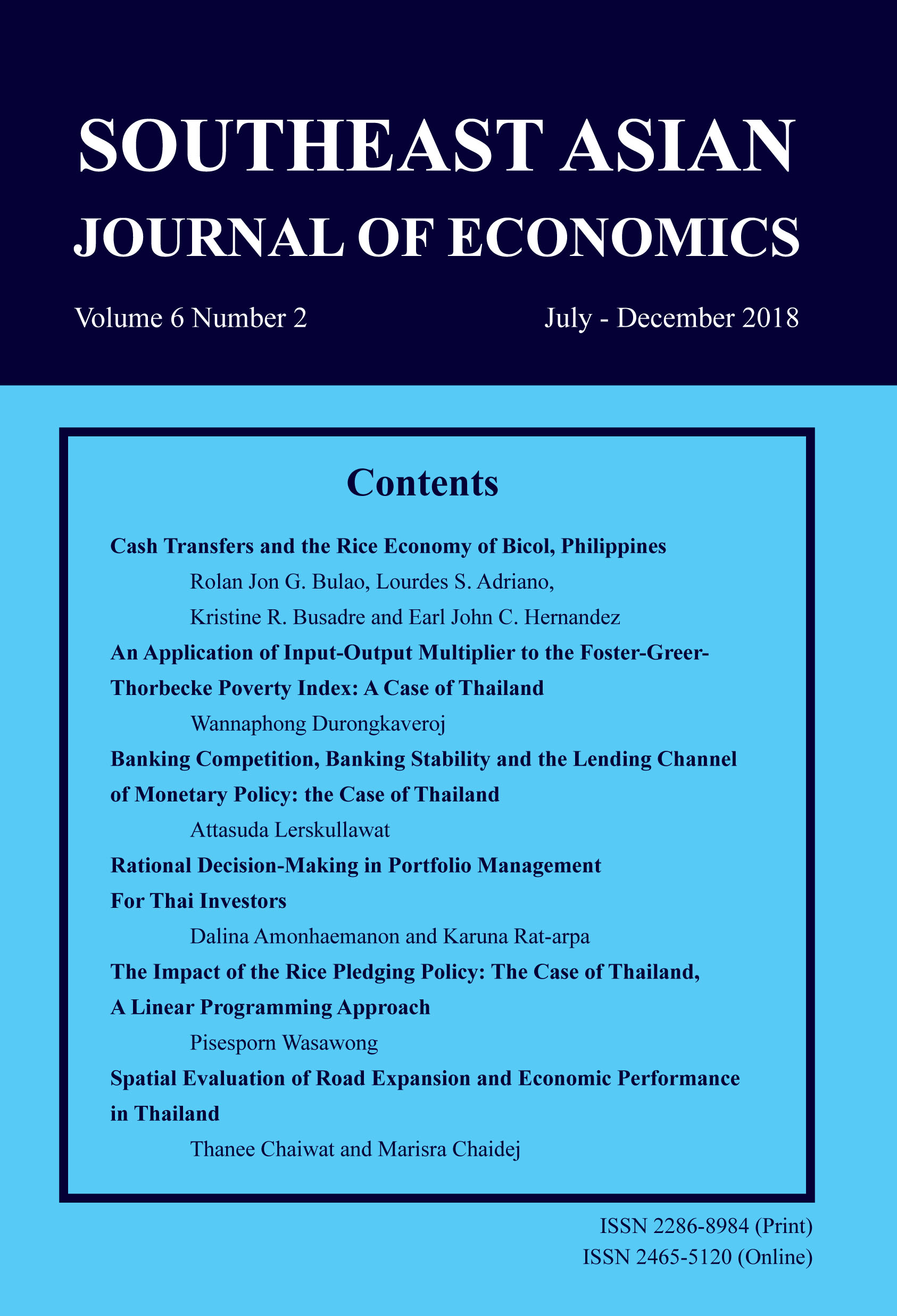Growth Implications of Infrastructure Finance in Nigeria
Keywords:
Nigeria, Infrastructural Development, Cointegration, Error Correction MechanismAbstract
Development in whatever form cannot transform into good healthy living if infrastructure such as telecommunications, transport, energy, water, health, housing and education are not sufficient. As such, financing of infrastructure projects is expected to yield positive externalities to economic growth and the welfare of the people. This study analyzes the effect of public and private investment on infrastructure and its impact on economic growth in Nigeria during the period 1970 to 2014 using a Stephane et al. (2007) and Sahoo et al. (2010) framework. The Engel-Granger (1987) cointegration and Error correction mechanism (ECM) were employed to analyze the unit root procedures, ascertain the long run relationship and establish the values of long run parameters. Empirical results show that domestic private investment, public investment and per capita real expenditure on health and education influenced economic growth negatively, while labour force and the infra- structure index affected growth positively. Nigeria’s experience in terms of infrastructure development shows that the government needs to articulate a good economic policy that will enhance infrastructure quality and at the same time makes provisions for human capital development for sustained growth.
Downloads
Published
How to Cite
Issue
Section
License
The submission of a manuscript implies that the paper is an original work and has not been published elsewhere. The author(s) authorize the journal to reproduce or distribute the paper in printed or other electronic forms.







